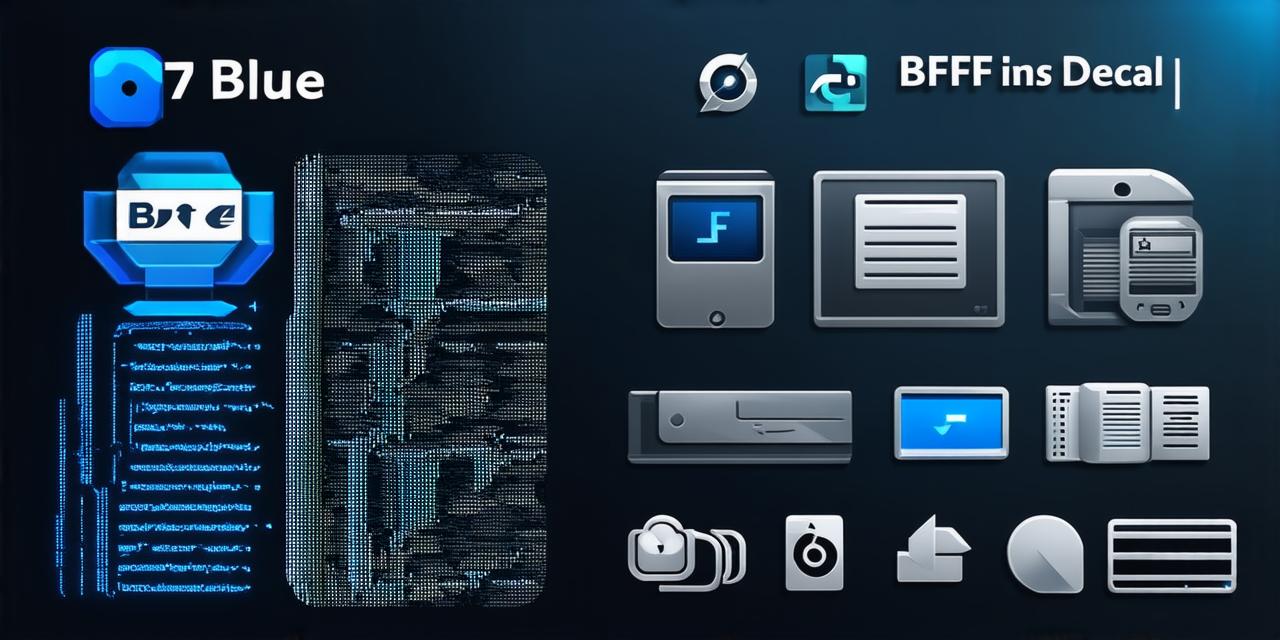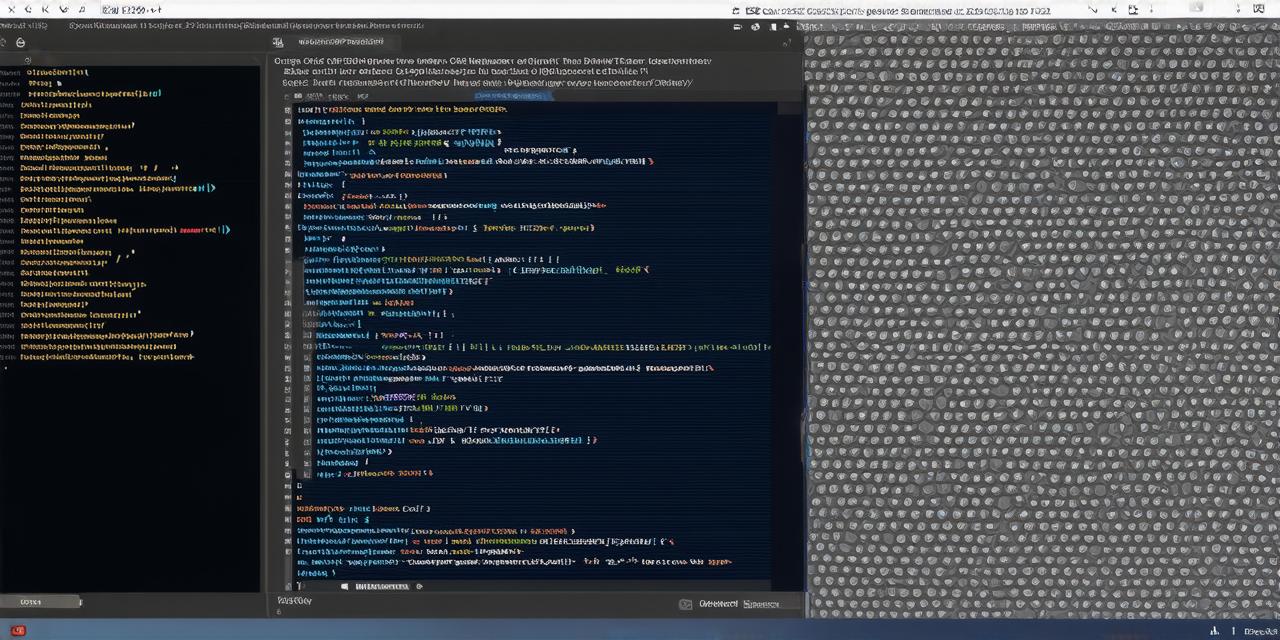If you’re an Unity 3D developer, you know that object-oriented programming (OOP) is an important aspect of game development. OOP allows you to organize your code into reusable and maintainable components, which can help streamline the development process and improve overall productivity.
But what exactly does it mean for Unity to make use of OOP? And how do you incorporate OOP principles into your Unity projects?
What is Object-Oriented Programming?
Before diving into how Unity makes use of OOP, let’s first define what object-oriented programming is. In its simplest terms, OOP is a programming paradigm that uses objects to represent real-world entities and their properties and behaviors.
Objects are instances of classes, which define the characteristics and behaviors of the object. Classes can have attributes (properties) such as name, color, or size, and methods (functions) that can perform operations on those attributes. This allows you to create reusable components that can be easily modified and combined to build complex systems.
How does Unity make use of Object-Oriented Programming?
Unity itself is built using object-oriented programming principles, which means that many of its core features and functionality are designed around the concept of objects. For example, in Unity, everything in the scene is represented as an object, with its own set of properties and behaviors.
In addition to using OOP internally, Unity also provides developers with a number of tools and features that make it easy to incorporate OOP principles into their projects. For example:

- C Scripts
- MonoBehaviors
- Component-Based Architecture
Best Practices for Incorporating OOP Principles into Unity Projects
Now that we’ve seen how Unity makes use of object-oriented programming, let’s take a look at some best practices for incorporating OOP principles into your own Unity projects.
Use Classes and Objects to Organize Your Code
As mentioned earlier, one of the key benefits of OOP is that it allows you to organize your code into reusable and maintainable components. When building your Unity projects, be sure to use classes and objects to represent real-world entities and their properties and behaviors.




